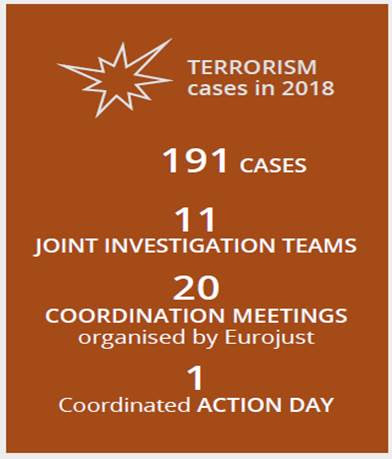Summer is just around the corner. The weather is getting warmer and the days are getting longer. Summer is the perfect time to take a break from regular commitments and try something new! Why not use this time to start learning a language or improve the language skills that you already have?
Taking an intensive language course is a great way to see big improvements in a short time. At Kickstart School, we offer a range of intensive Dutch and English summer courses during July and August to help you improve or maintain your language skills. The daily format means that you learn something new and get the opportunity to use the language every day.
Intensive Dutch Courses are available from beginner to intermediate. The Starterpack and Stepping Stone Courses are planned one after the other, with daily lessons every morning for one or two weeks. This means that you can complete one or more courses in a shorter time frame, and the frequency of the lessons means that you are continuously reinforcing what you’ve learnt. This year we will also be offering an intensive NT2 Programme II preparation course.
Kickstart also offers Intensive English summer courses for pre-intermediate to advanced learners to enhance their English in a fun and engaging way. Focusing on communication, with a foundation of grammar and vocabulary, these courses run for two weeks from Monday to Thursday.
These courses are offered at Pre-Intermediate to Intermediate, and Upper-Intermediate to Advanced levels – we have group courses available for adults and teens. Additionally, this summer we will be offering an intensive IELTS preparation course and a short Business English course for those with more specific goals.
A summer course is a great way to start or continue your language learning journey and our students seem to agree…
“I found this course had an intense pace but this was expected. It seems like a good way to get started with learning and speaking Dutch and being less afraid to try.” – Colin, Stepping Stone I student, Summer 2017
“It was the greatest experience for me! I’ve met new people from another countries and had a professional teacher who was always ready and prepared for any of my questions.
Thank you Kickstart School for most enjoyable 2 weeks.” – Tomas, Upper-Intermediate/Advanced English for Teens, Summer 2018
Are you interested in improving your language skills? Don’t hesitate to get in touch, sign up for a course (or two) and let Kickstart take you further this summer!
————————————-
Visit our website www.kickstartschool.nl, call us on 070-3607860, email us at info@kickstartschool.nl to find out more!















